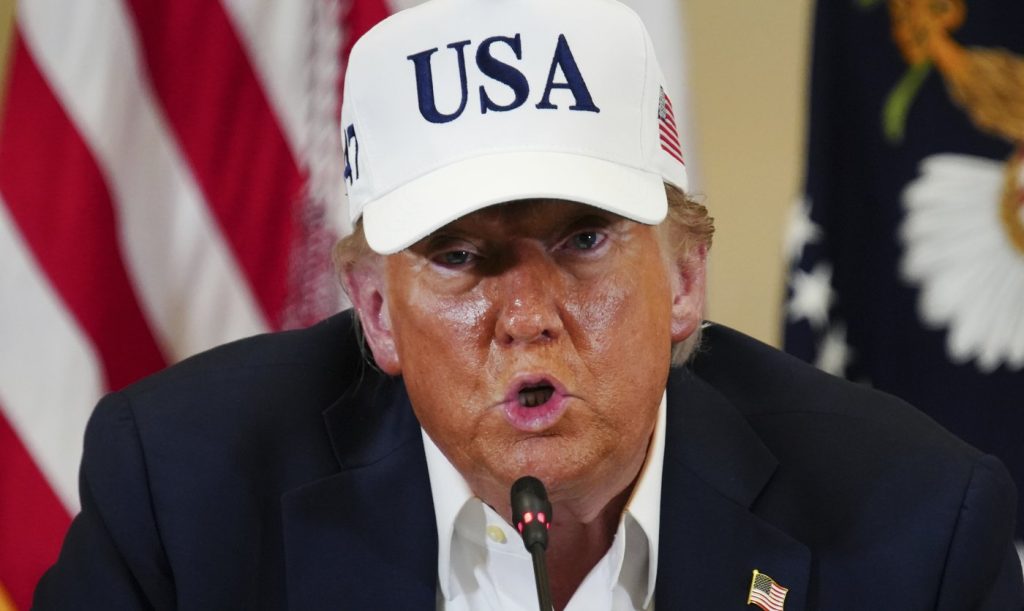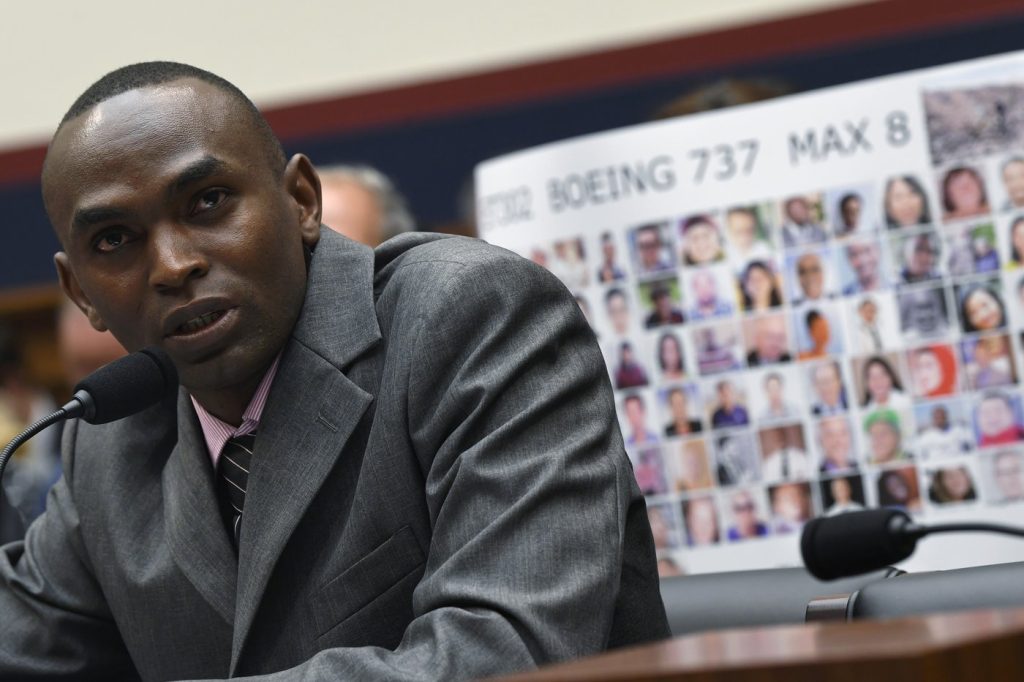BRIDGEWATER, N.J. (AP) – On Saturday, President Donald Trump announced the implementation of 30% tariffs on imports from the European Union and Mexico, set to begin on August 1. This aggressive move is expected to create significant disturbances in trade relations between the United States and its two major partners.
Trump conveyed the tariff plans through letters shared on his social media account. This initiative is part of a broader campaign announcement blitz, focused on imposing tariffs aimed at both allies and rivals. He claims these tariffs are essential for revitalizing the U.S. economy, which he argues has been exploited by other nations for decades.
In his correspondence with Mexican President Claudia Sheinbaum, Trump recognized Mexico’s efforts in addressing the flow of undocumented migrants and fentanyl into the United States. However, he emphasized that these efforts have been insufficient, referring to the situation in North America as a "Narco-Trafficking Playground." Trump stated, "Mexico has been helping me secure the border, BUT, what Mexico has done, is not enough."
In his letter to the European Union, Trump highlighted the U.S. trade deficit as a national security concern, stating, "We must move away from these long-term, large, and persistent Trade Deficits." He criticized the trading relationship as non-reciprocal, stemming from the EU's tariff and non-tariff policies.
The timing of these letters coincides with the conclusion of a 90-day grace period, during which Trump had previously paused imposed tariffs to negotiate agreements with various countries. As this period ended, Trump resumed sending tariff letters but delayed their implementation once again. The potential activation of these tariffs could have significant repercussions for global economic dynamics.
In response to Trump's announcement, European Union Commission President Ursula von der Leyen affirmed the EU's commitment to dialogue and stability. She stated that the EU would take necessary measures to protect its interests, including potential countermeasures. The EU’s trade ministers are planning to meet to discuss U.S. trade relations amid these new developments. French President Emmanuel Macron urged Trump to allow more time for negotiations, echoing a collective warning from European leaders against escalating trade tensions.
Italian Premier Giorgia Meloni criticized the move, asserting that initiating a trade war between the U.S. and Europe made no sense. Danish Foreign Minister Lars Løkke Rasmussen described Trump's actions as "pointless" and "shortsighted," while Swedish Prime Minister Ulf Kristersson cautioned that an escalated trade conflict would negatively impact U.S. consumers the most.
Trump has warned that he would further increase tariffs if the EU tries to ramp up its tariffs on U.S. imports. The Mexican delegation expressed disagreement with the decision, labeling it as "unfair treatment," following high-level discussions with U.S. officials. President Sheinbaum, while maintaining a cautious stance towards Trump, expressed confidence that a fair resolution could be reached between the U.S. and Mexico.
Through these reciprocal tariffs, Trump is challenging long-standing trade norms established during the Uruguay round negotiations, which traditionally prevented countries from imposing different tariffs on unequal terms. If the tariffs on Mexico go into effect, they may supplant the existing 25% tariffs on non-compliant goods under the U.S.-Mexico-Canada Agreement (USMCA).
Overall, Trump has now stipulated tariff conditions for 24 countries and the 27-member European Union. Currently, only two trade deals—the United Kingdom and Vietnam—have been successfully negotiated, while a tentative framework with China remains vague. Treasury Secretary Scott Bessent remarked on the importance of proactive negotiations, highlighting that they can yield substantial benefits and correct trade imbalances.
Experts warn of the vast potential consequences if the tariffs proceed. In 2024, trade between the EU and the U.S. was valued at 1.7 trillion euros ($2 trillion), highlighting the significance of this economic relationship. Notably, the EU’s largest exports to the U.S. include pharmaceuticals, automobiles, and aircraft. Italian wine producers fear that Trump's tariffs could lead to a de facto embargo.
Trump's grievance centers around the EU's significant trade surplus in goods, where American consumers buy more from European businesses than vice versa, creating an imbalance that the U.S. seeks to rectify. However, the services sector still compensates for this discrepancy, with American companies dominating in service exports like cloud computing and financial services.












